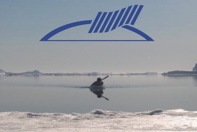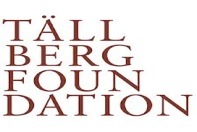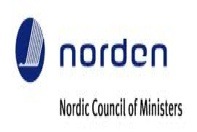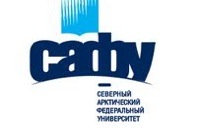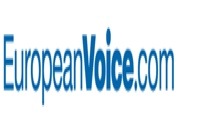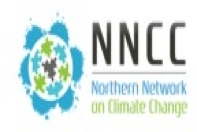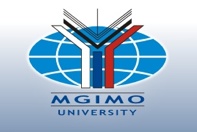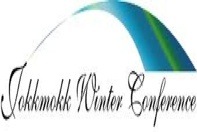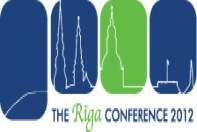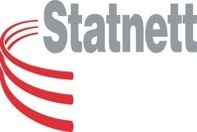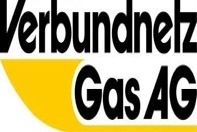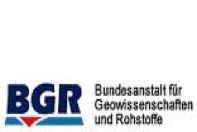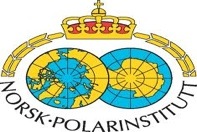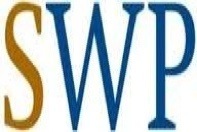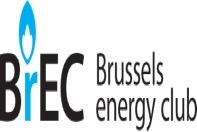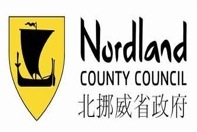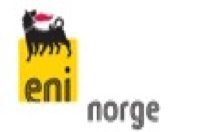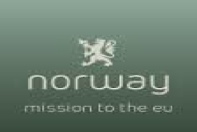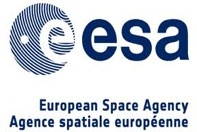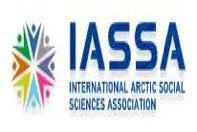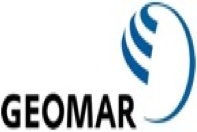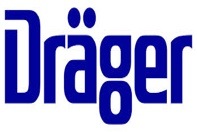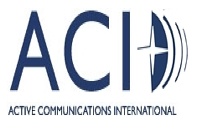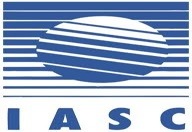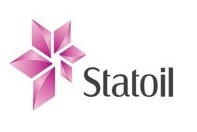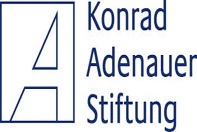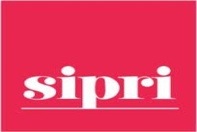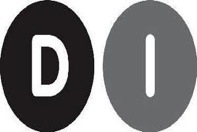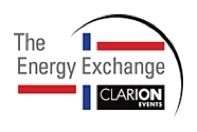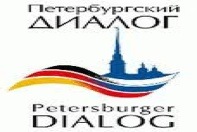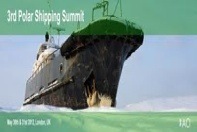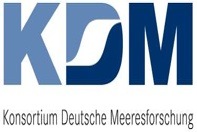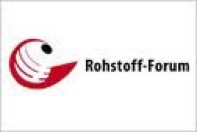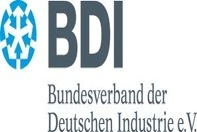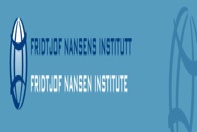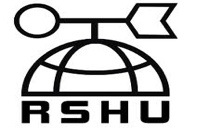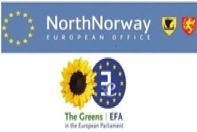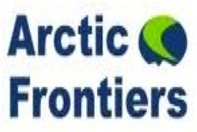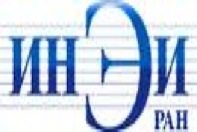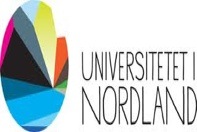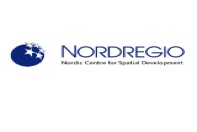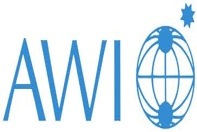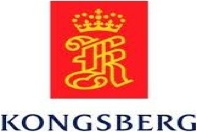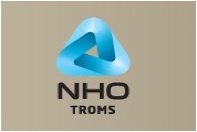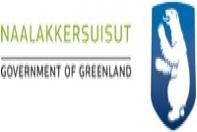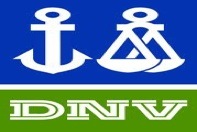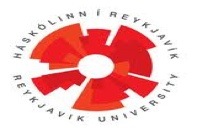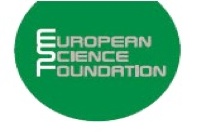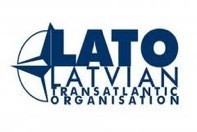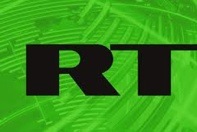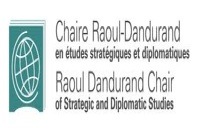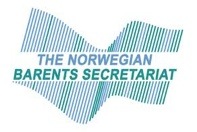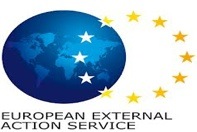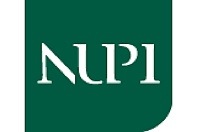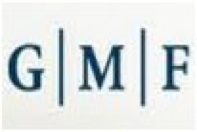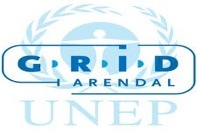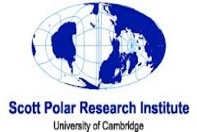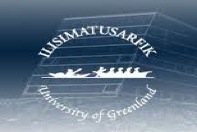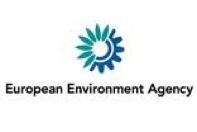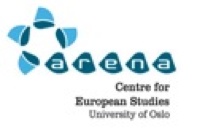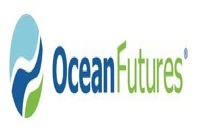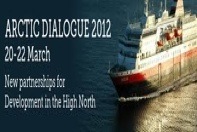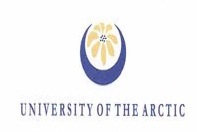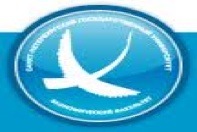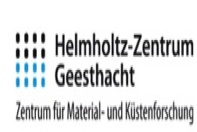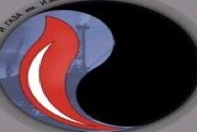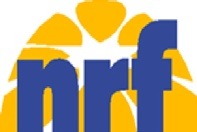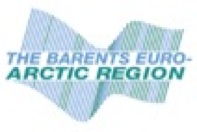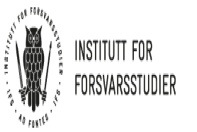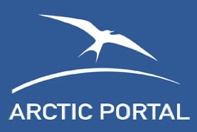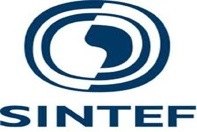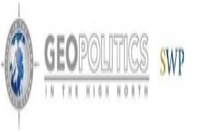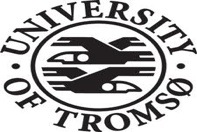“The EU in the Arctic Conference” at ARENA, Centre for European Studies, Oslo
On May 31 2012, the European Community Studies Association in Norway held this to shed light on the role of the European Union in the Arctic, with particular emphasis on the status of the EU’s Arctic policy and the conditions surrounding the EU’s presence there from a political perspective. To that end the conference brought together a number of Arctic specialists from across the Nordic countries and the rest of Europe. Steffen Weber, Secretary General of the EU Arctic Forum discussed the triggers and the development of the EU engagement in the Arctic.
The first speaker was Benedicte Gamborg Briså from the National Library of Norway who took a step back and provided us with a historical overview of a number of European efforts at mapping the Arctic. The presentation revealed how different historical epochs and technologies shaped the human representation of the Arctic region. Regions are geographical spaces; their very status as regions and what that entails in broader socio-cultural terms are human constructions.
Steffen Weber Secretary General of the EU Arctic Forum, provided a comprehensive overview of the present state of the EU’s involvement in the Arctic. Three of the EU’s member states are Arctic states and two of the EEA members (Norway and Iceland) are as well. Weber’s talk was foremost focused on what triggered a direct EU-level engagement in the Arctic, a topic that Weber is excellently placed to talk on due to his comprehensive experience from the European Parliament and the EU Arctic Forum.
The next speaker was Elana Wilson Rowe from the Norwegian Foreign Policy Institute (NUPI) who angled her talk to focus on who the EU would meet in the North, with particular emphasis on Russia. Russia’s Northern Policy stance will play an important role in shaping the context for all that goes on in the region. The fact that Russia has adopted a cooperative approach in the Arctic matters a lot to the future of the region.
Petra Dolata from Kings College, London whose talk focused on the role of the EU in the Arctic with respect to transatlantic EU-Canada relations, followed by Teemu Palosaari from Tampere University who focused on Finland’s perspective on the EU’s role in the Arctic. He was succeeded by Kristine Offerdal from the Norwegian Institute for Defence Studies who spoke on Norway’s role in the development of a European Strategy for the Arctic. On the EU’s effort to develop an EU Arctic policy she noted that Norway provided fuel whereas Chilingarov provided the spark. The last speaker was Njord Wegge from the University of Tromsø who also focused on the factors that drive the development of a EU Arctic policy.

Several speakers (Steffen Weber and Kristine Offerdal) have also contributed to a two-volume Journal Special Issue on the Arctic termed The Arctic is Hot and published by the Canadian International Journal. The first issue contains articles that focus on the key state actors in the region whereas the second volume focus on actors below and above the state level as well as a range of pressing issues.
by Professor John Erik Fossum
ARENA Centre for European Studies
